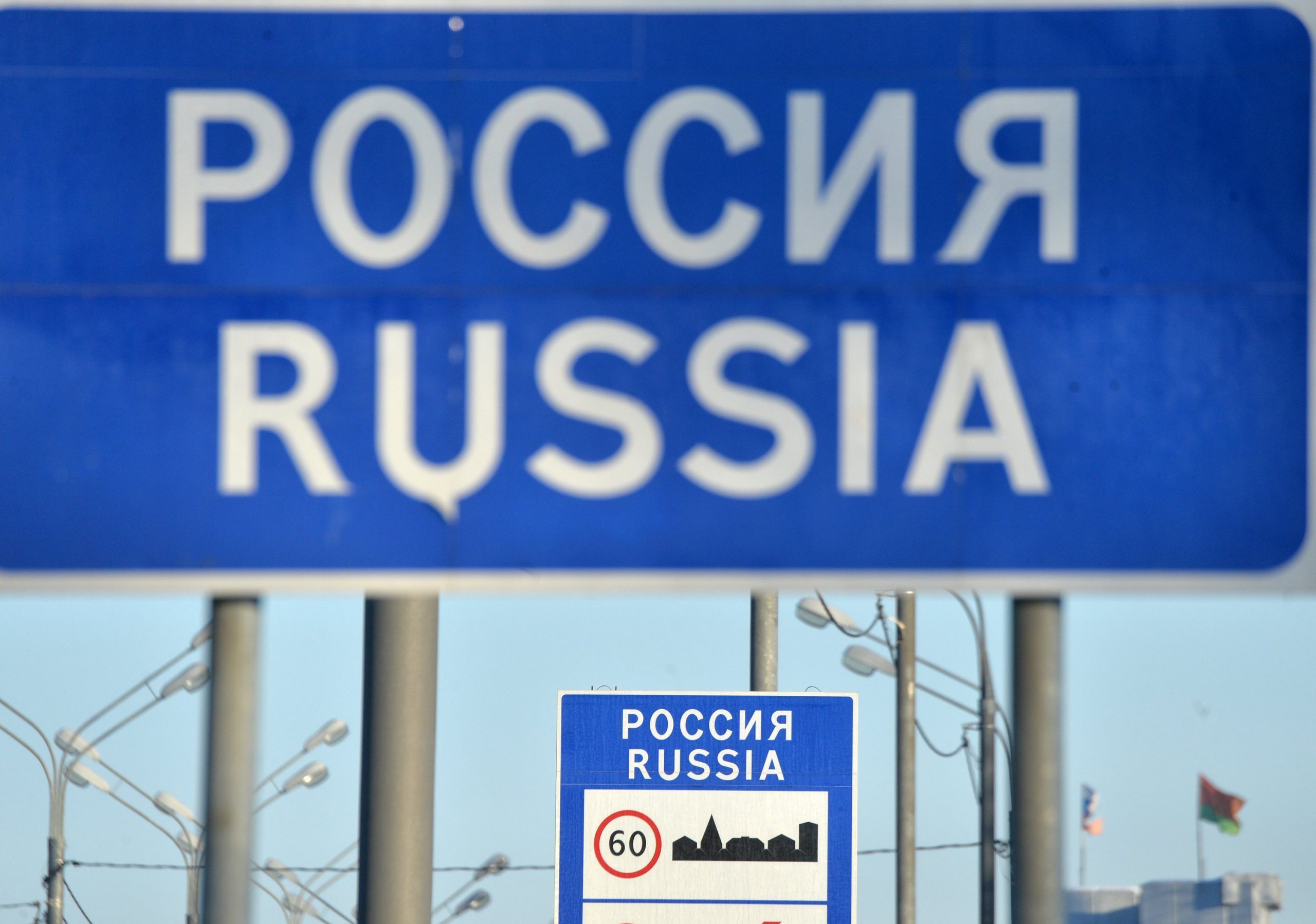Russo-Belarusian relations: Ukrainian factor and US sanctions
 The situation has not changed
The situation has not changed

Last week, the Russo-Belarusian dynamics was not so much due to the Belarusian and Russian authorities, but rather due to Belarusian-Ukrainian relations and the US plans to impose sanctions against Russia. Isolation and self-isolation of Russia is growing, which determines the foreign policy of all countries in the region, including Belarus.
Lukashenka’s visit to Kyiv has affected the dynamics of relations in the Russia-Ukraine-Belarus triangle. Although Belarus aimed to build confidence in Ukraine regarding the forthcoming “West-2017” military drill, the Russian media took this visit jealously. The Russian leadership has officially approved and encouraged Belarus’ peacekeeping mission, while the propaganda machine has interpreted this mission as collaborationism – cooperation with the “fascist” regime in Ukraine. In the end, propaganda would have an effect on the Russian leadership, which is increasingly distrustful of the closest ally.
In particular, distrust is manifested in trade: Russian lobbyists often prompt various protective measures against Belarusian goods, referring to the Belarusian-Ukrainian trade cooperation (eg that Belarus smuggles goods to Russia). Multilateral negotiations with Kiev on trade and industrial cooperation are likely to strengthen the arguments of Russian lobbyists in establishing additional barriers for goods from Belarus. That said, Belarus’ cooperation with Ukraine has an independent value in terms of increased supplies of Belarusian goods and in terms of strengthening negotiating positions vis-à-vis Russia. In the past, Belarus managed to arrange oil supplies through Ukraine and last week, she discussed plans to resume such supplies.
The prospect of US sanctions against Russia will require the Belarusian authorities to be even more careful in foreign policy balancing. For Minsk, the US sanctions against Russia would imply that Russia’s isolation would be long-term and would weaken her as a political and economic ally. In addition, this means that the Belarusian government should abandon hopes for the resumption of economic growth in Russia and continue to diversify foreign and economic policies due to the fact that in its present form the Belarusian economy can grow only if the Russian economy grows.
That said, Belarus’ negotiating positions in disputes with Russia could somewhat strengthen. In particular, Russia’s prospects for bypassing Belarusian transit gas pipelines would deteriorate, which potentially could fix Belarus’ share in the total volume of Russian gas exports to the EU. Yet it would be premature to talk about it at this stage.
The situation in the region requires that Minsk reduced its stakes on the alliance with Russia and invested in alternative relations. However, the growing conflict background in the region increases the risks of such policy. Accordingly, the Belarusian authorities are unlikely to take decisive steps in any direction.
Subscribe to our newsletter




Situation in Belarus
Constitutional referendum: main consequences


 Video
Video
How to count the political prisoners: are the new criteria needed?


 Video
Video
Paternalism In Decline, Belarusian Euroscepticism, And The Influence Of Russia


 Video
Video











